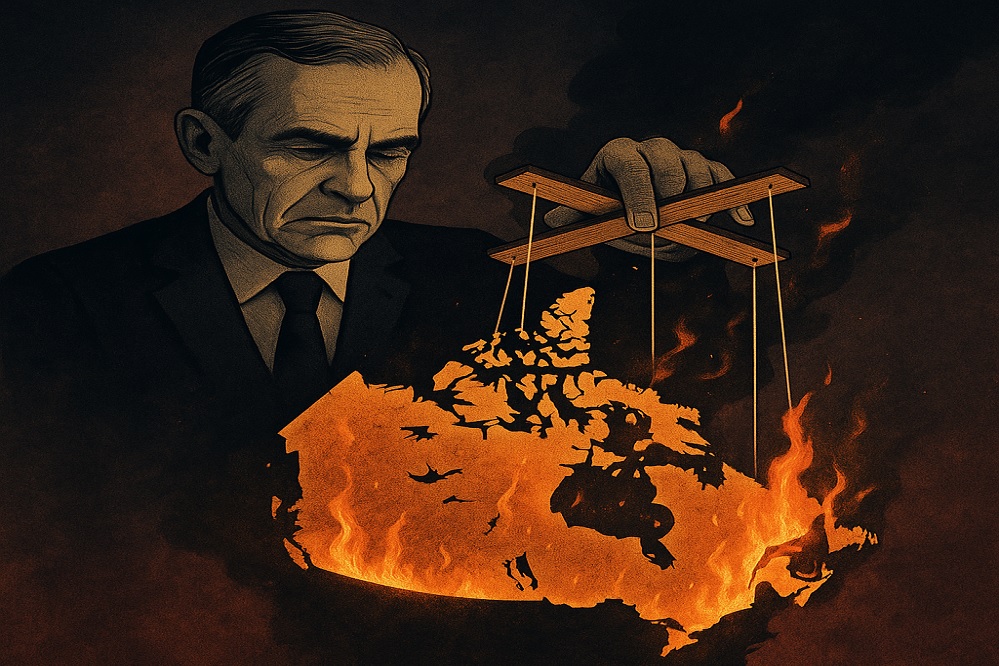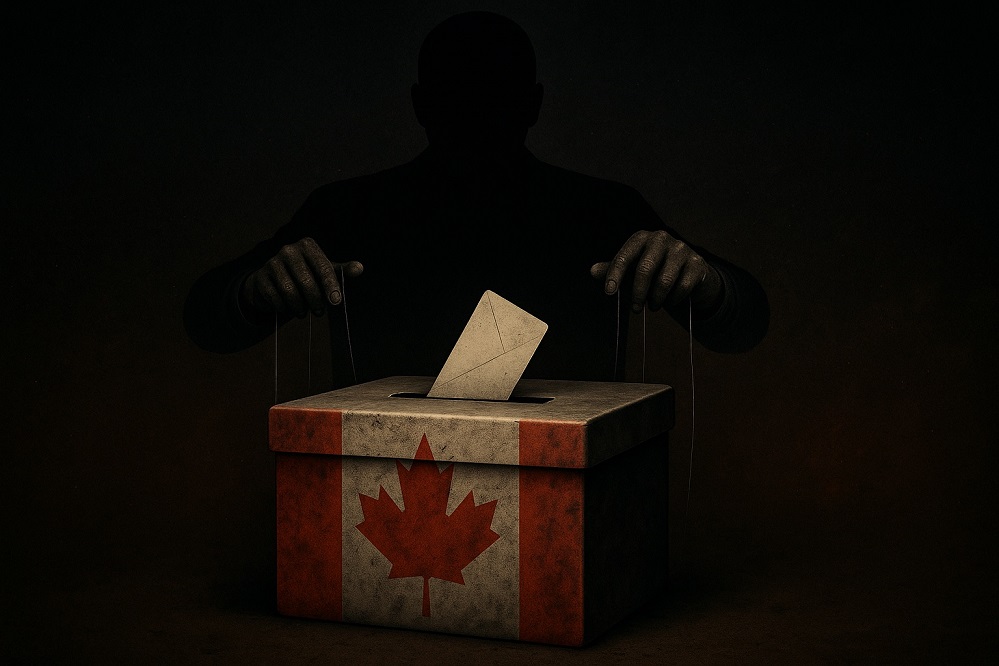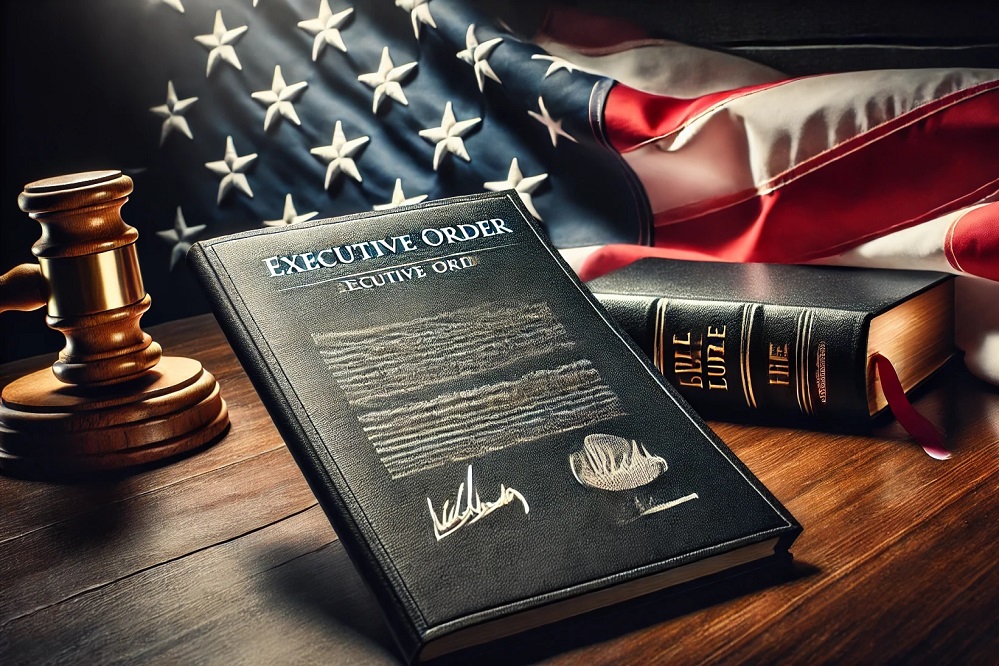If a criminal or terrorist was prepared to do the unthinkable to your child including rape, torture, beheading or murder; how far would you go to stop them? Would you show restraint, or would you do whatever was necessary including torture beheading or murder to protect them?
Psychologist Jordan Peterson said, “If you are not capable of cruelty, you are absolutely a victim to anyone who is.”
Yet many believe that cruelty has no place in a Democratic Society. That we are somehow weakened or less free or Democratic when we show equal or more cruelty back to protect our Country, Constitution and Families. But is that true when faced with forces that operate without morality, mercy, or conscience? Was this ideal of excessive mercy insidiously inserted into America by Globalist Democratic Left ideologies to weaken America, Democracy and Freedom? To ensure that the punishment no longer matches the crime—leaving criminals to sit in prisons, masturbating to or relishing in the memories of their horrific acts while being fed and kept alive by taxpayers?
The truth is, criminals often relive their heinous crimes while society deludes itself into believing they can be rehabilitated. We spend fortunes attempting to cure them and excuse their actions when the reality is far simpler: executing them and moving forward ensures justice and deters future atrocities. The death penalty, once a cornerstone of justice, kept horrific crimes at bay. Its erosion has allowed the unimaginable to flourish.
The 2010 movie Unthinkable explored this exact dilemma: Can a nation justify extreme measures in the face of existential threats? Democracies pride themselves on compassion, justice, and human rights—but do those values weaken us in the face of enemies who recognize none of them? When we imprison terrorists who show no mercy, are we betraying the victims whose lives they destroyed?
This article asks the uncomfortable question: Are extreme measures and absolute cruelty sometimes necessary to protect freedom and democracy?
The Betrayal of Mercy
Democracies often operate under the principle that mercy and justice set them apart from authoritarian regimes or extremist groups. But what happens when that mercy becomes a betrayal? The Bible’s teaching of “an eye for an eye” was not a call for revenge but a principle of justice—ensuring that punishment matched the crime which is necessary because that is what people understand. Modern democracies, however, often fail to uphold even this basic standard.
Consider the countless examples of leniency enabling future cruelty, evil, destruction and death:
- Abdullah Gulam Rasoul: Released from Guantanamo Bay in 2007, Rasoul quickly resumed his role as a Taliban commander. Under his leadership, countless attacks were orchestrated, including the assassination of Afghan High Peace Minister Mullah Arsala Rahmani in 2012. These attacks claimed the lives of men, women, and children, leaving behind a trail of blood and devastation. Rasoul’s release not only cost lives but also undermined the very mission to secure peace in Afghanistan.
- Willie Horton Case: Horton’s crimes are a grim reminder of the cost of misplaced mercy. In 1974, Horton stabbed 17-year-old Joseph Fournier 19 times, stuffing his lifeless body into a trash can. Despite receiving life without parole, Horton was allowed out on a weekend furlough program in 1986. He failed to return and, in 1987, invaded the home of a young couple in Maryland. Horton pistol-whipped, stabbed, and bound the male victim before repeatedly raping the female victim. His release turned into a nightmare for new victims who paid the price for a system that valued leniency over justice.
- High Recidivism Rates: Studies consistently show that violent offenders often reoffend after release. These repeat crimes, often involving rape, murder, and other heinous acts, are a direct consequence of a system more focused on rehabilitation than protecting society.
Mercy shown to the merciless is a mockery of justice and a betrayal of the victims whose lives were destroyed.
The Left’s Weak Mentality and Globalist Influence
The globalist and leftist ideologies perpetuate a dangerous culture of weakness. These groups prioritize tolerance and inclusion at the expense of security, allowing dangerous ideologies and individuals to flourish within democratic societies. But this weakness is not accidental; it is a calculated strategy to undermine the strength and sovereignty of democratic nations.
- Hollywood’s Role in Shifting Ideals: Over decades, Hollywood and media elites, many influenced by globalist ideals, have pushed narratives that prioritize mercy over justice. They have portrayed strength and punishment as barbaric while glorifying leniency, creating a cultural shift that laughs in the face of victims’ suffering.
- The Constitution’s Original Justice: The early American Constitution allowed for swift and severe punishment to deter crime. Over time, these measures were eroded under the guise of progressivism, making America weaker and more vulnerable to crime and extremism.
- Open Borders: Policies that prioritize inclusion over scrutiny enable criminals and terrorists to infiltrate nations. For example, one of the attackers in the 2015 Paris terrorist attacks exploited Europe’s asylum policies to enter the continent.
- Fear of Being Labeled: The fear of being called “racist” or “intolerant” has paralyzed democracies, leading to inaction against extremist ideologies like radical Islam.
- Atrocities Ignored: The Charlie Hebdo massacre, the beheading of a French teacher, and countless other acts of violence are grim reminders of how tolerance for intolerance empowers those who wish to destroy democracy.
Democracies have become so afraid of appearing “above” their enemies that they have allowed those enemies to flourish. This weakness emboldens terrorists and criminals who recognize no morality or restraint.
The Nature of Absolute Cruelty
To confront enemies who operate without limits, democracies must be willing to embrace the unthinkable. Fear is a powerful deterrent, and history proves that it can be a necessary tool to ensure survival.
- Terrorists and Criminals Understand Power: Groups like ISIS, cartels, and extremist organizations thrive on fear and violence. They do not respond to dialogue or leniency; they respond only to strength.
- Historical Precedents: Ancient civilizations like Israel ensured their survival by annihilating threats entirely. The Catholic Church militarized to combat the spread of Islam during the Crusades. These examples may be uncomfortable, but they underline an essential truth: survival sometimes demands ruthlessness.
If we kill mercifully while our enemies torture, rape, and kill without hesitation, we are weak. And weakness invites further and much worse aggression.
Why Extreme Measures Are Necessary
Extreme measures are not about abandoning morality but about ensuring survival. Justice demands that we confront evil with equal or greater force, not out of revenge but out of necessity.
- Deterrence Through Fear: A system that enacts harsh punishments for heinous crimes sends a clear message to would-be offenders. If terrorists and criminals know that they and their families will face unthinkable consequences, they may reconsider their actions.
- Banning Extremist Ideologies: Radical ideologies like Islamism thrive on weak enforcement and unchecked growth. Subjugating women and children in the name of God. Banning such ideologies could prevent the spread of violence and the radicalization of future generations.
- Respect for Victims: The souls of victims cry out for justice. Allowing their murderers to live, even in prison, is an insult to their memory and suffering.
No one would dare to behead Americans or blow up women and children if they knew our response would be swift and equally or even more ruthless. This balance between freedom and justice must be recalibrated for true deterrence. Yes some in Democratic Society may not have the stomach to do such retaliatory things, but there are others who have the type of conscience that justifies it to protect the weak.
Addressing the Root Cause
The rise of globalist ideologies has contributed to this culture of weakness. By promoting a borderless world and pacifist policies, globalists and leftists have created an environment where terrorists and criminals can thrive.
- Undermining National Security: Policies that prioritize inclusion over safety have weakened the resolve of democratic nations.
- Enabling Terrorists: Democracies have become breeding grounds for extremism because they are too afraid to take decisive action.
Conclusion
Democracy faces a sobering reality: Is it possible to preserve freedom without resorting to the same cruelty wielded by those who seek to destroy it? Many argue that mercy is what sets democracies apart, but can mercy alone protect us when terrorists and criminals thrive on fear and violence?
It’s not an easy question to answer. No one wants to condone cruelty. But as we witness atrocities like the Charlie Hebdo massacre or the beheading of a teacher in France by Radical Muslim Students, one must ask: Are we too afraid to act decisively? Have we allowed our values to become vulnerabilities?
The Bible said, “An eye for an eye,” not as a call for revenge, but as a principle of justice. What if justice sometimes demands measures we consider unthinkable? This is not about abandoning morality but about ensuring survival. After all, what good is a compassionate democracy if it fails to protect its own people?
The question remains: Can democracy endure without being willing, at times, to embrace the unthinkable?




